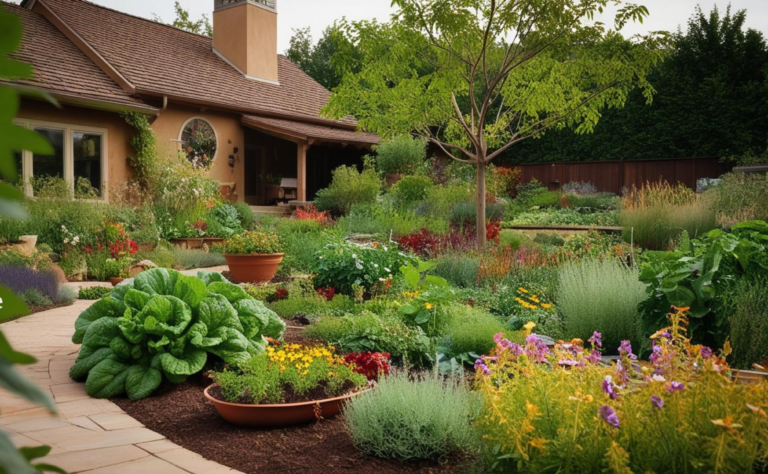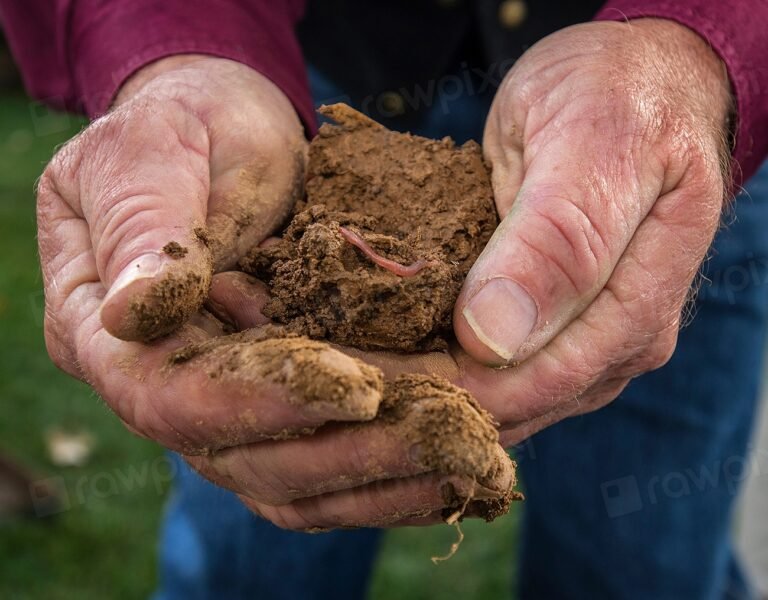The Christian Paradox: Environmental Neglect and Eschatological Hope

Explore the complex relationship between Christianity and environmental stewardship, focusing on the paradox of eschatological beliefs that often overshadow ecological responsibility. This blog delves into how various interpretations of scripture, cultural influences, and communal identities shape Christian attitudes towards the environment. By addressing the disconnect between faith and ecology, we highlight the importance of proactive engagement in caring for creation, demonstrating that a genuine commitment to stewardship aligns with biblical teachings. Join us in discovering how Christians can reconcile their beliefs with urgent environmental action.









